AI ChatGPT has become a surprise sensation. It even shook Google with its rapidly growing popularity. Now analysts at Swiss bank UBS think it is the fastest growing consumer app in history. The UBS analysis estimates that ChatGPT had 100 million active users in January after launching two months ago in late November. Interestingly, it attracted one million users in just one week.
Also See: Announcing the Launch of a New App ‘Artifact’
Is ChatGPT the fastest growing app in history?

According to the information, ChatGPT's growth has been much faster than the nine months it took TikTok to reach 100 million and the two and a half years it took Instagram to get there. In a much older era of the web, it took Google and Facebook about five years to reach 100 million users each.
"Is ChatGPT the fastest growing application in history?" was asked.
After making a major investment in OpenAI last month, Microsoft has started to integrate GPT-3 into its products. For example, GPT-3.5 underpins many of the intelligent summarization features in the new Teams Premium Microsoft 365 add-in. Microsoft is also using the Azure OpenAI Service to give developers access to GPT-3.5; DALL-E 2, AI that creates images from random annotations; and Codex, the GPT-3-based foundation of GitHub's Copilot AI paired programming service.
This week, OpenAI also launched a subscription service known as ChatGPT Plus for those who want to use the tool even when capacity is full. The paid service is available to customers in the US for US$20 per month. Google is reportedly racing to adapt Search and possibly other products to ChatGPT. The company is testing a chatbot called Apprentice Bard with similar capabilities but embedded with Search. Microsoft, meanwhile, is reportedly planning to use ChatGPT to improve Bing.
Meta's AI Chief Yann LeCun Explains
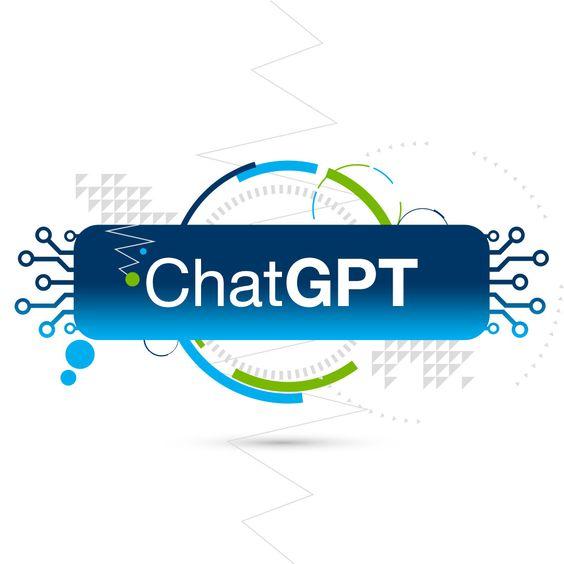
However, Meta's AI chief Yann LeCun recently stated that ChatGPT's core techniques are "not particularly innovative" as they are largely based on Transformer technology developed by Google.
Meta and Google have also developed chatbots, but have not revealed them to the world as OpenAI has done with ChatGPT. LeCun tweeted a chart of AI research output with Google and Microsoft at the top and OpenAI at the bottom, noting: "Data on intellectual contribution to AI from various research organizations. Some organizations are publishing knowledge and open source code, for the whole world to use. Others just consume it."
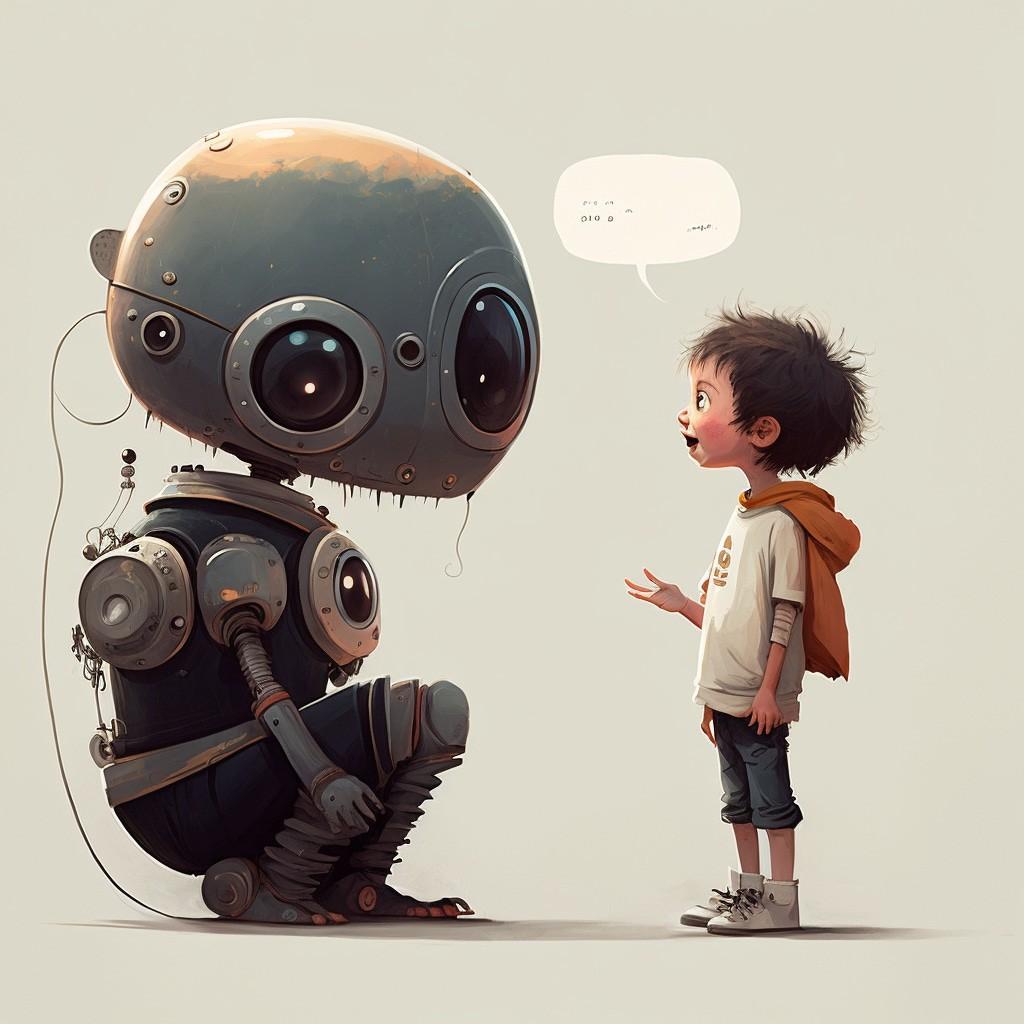
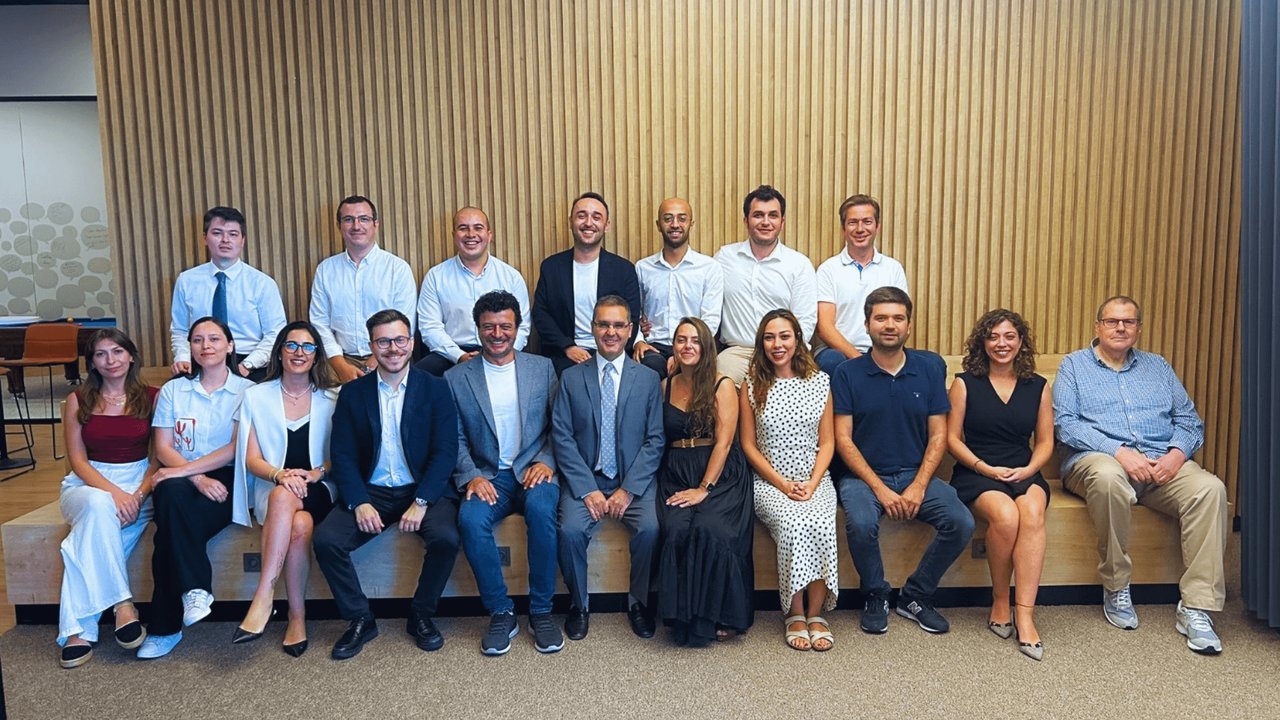
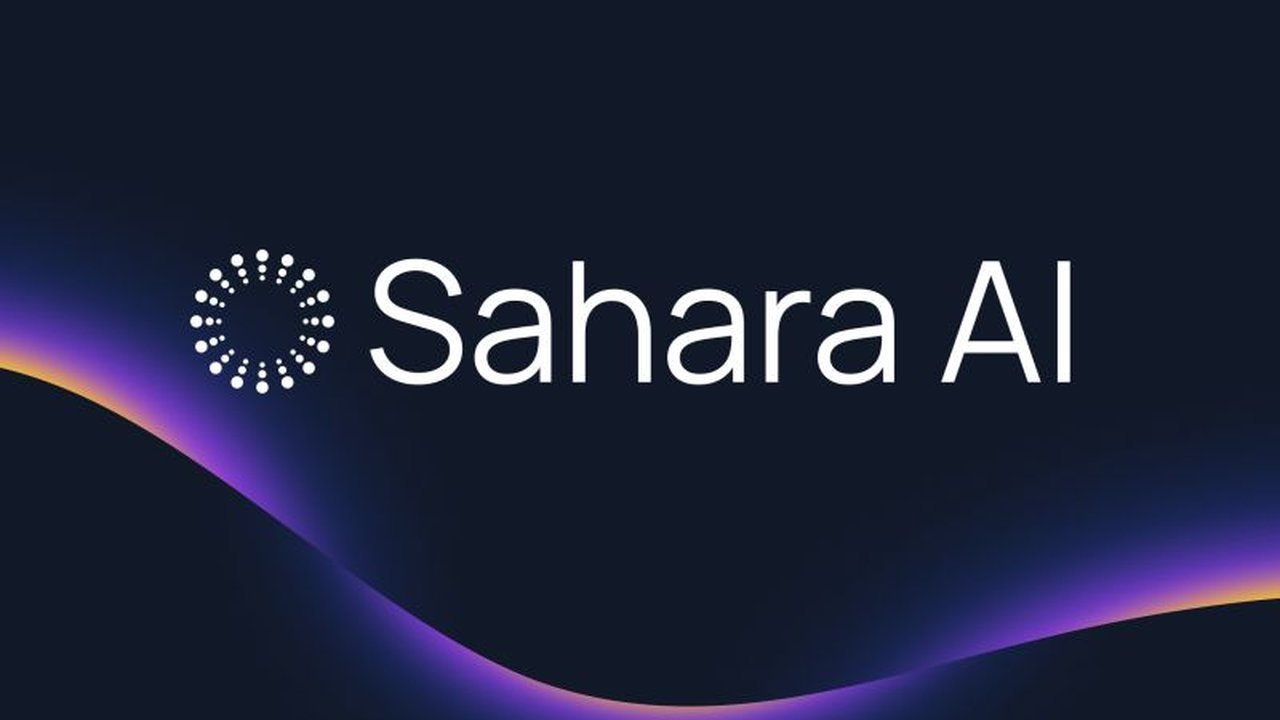

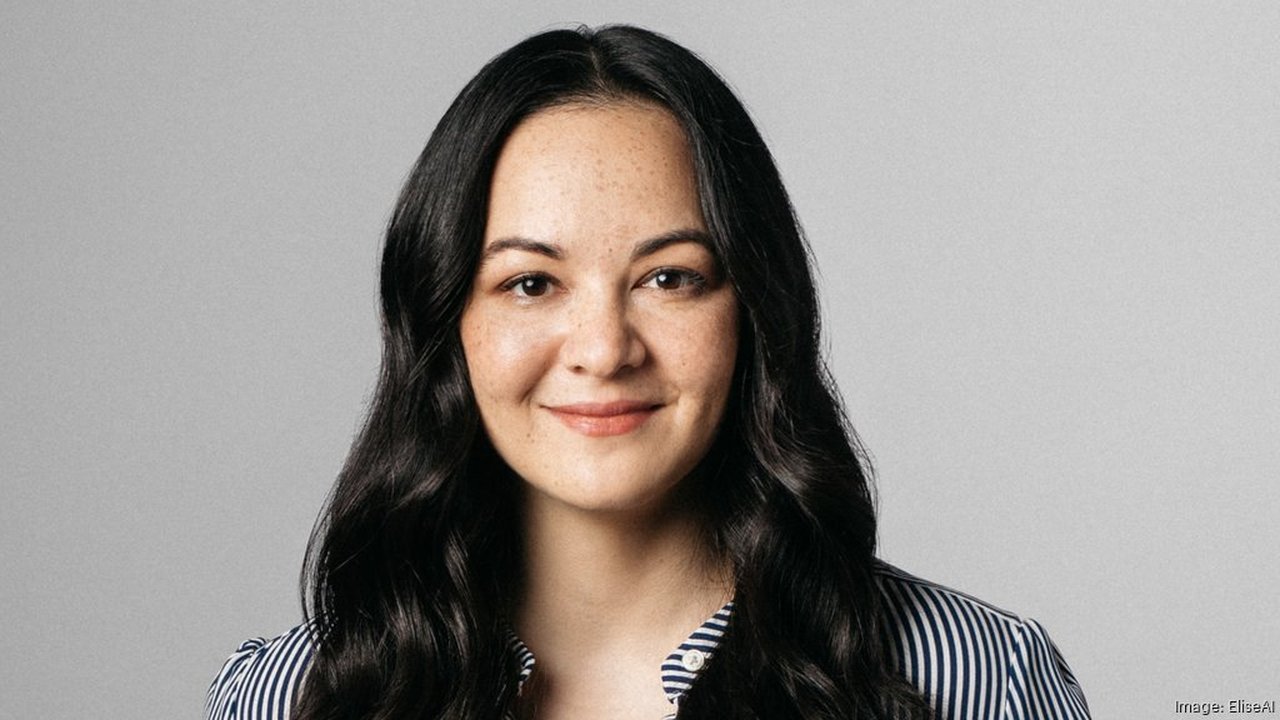
No comments yet for this news, be the first one!...